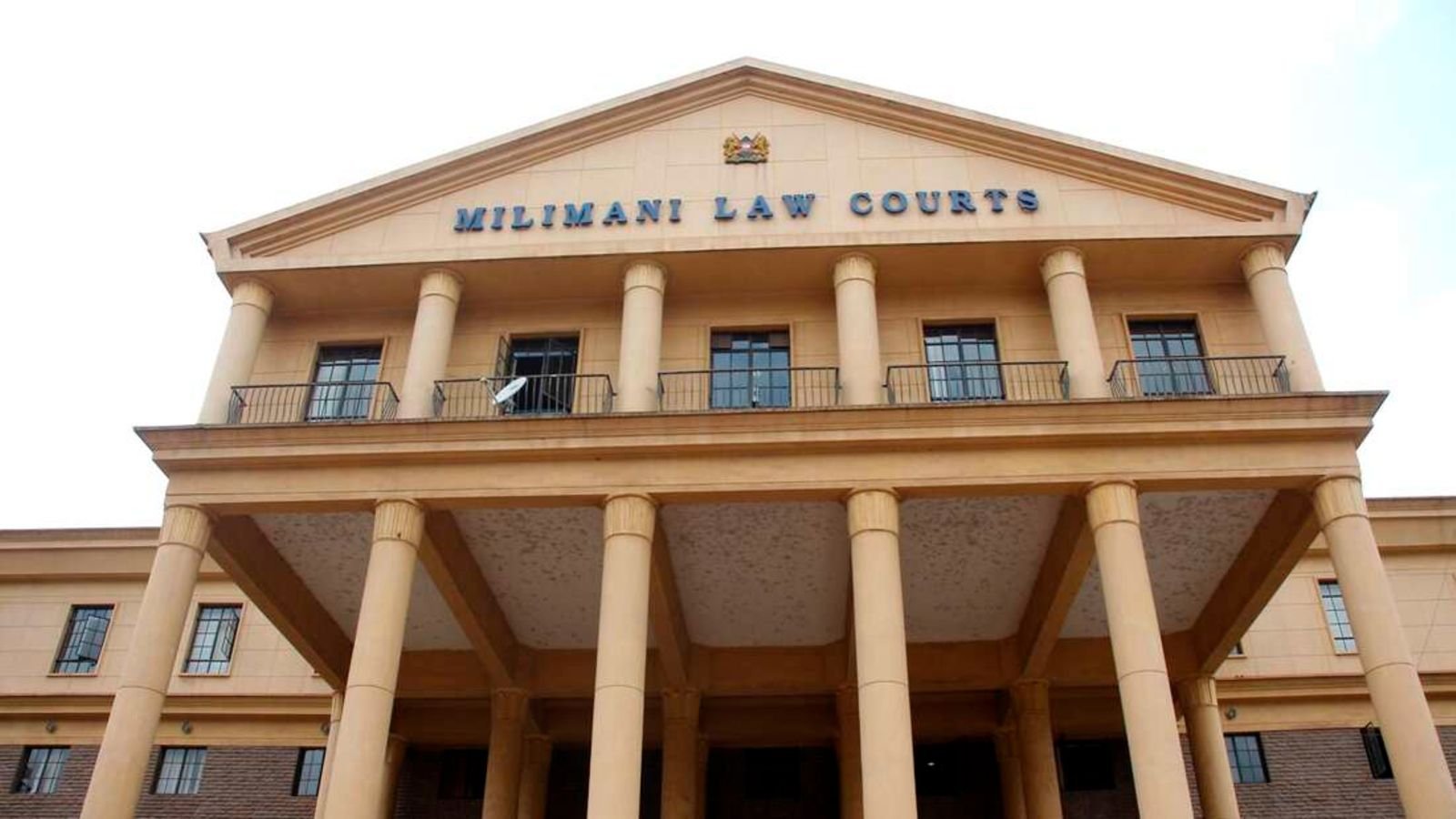On February 3, 2025, the High Court of Kenya delivered a pivotal ruling in Proctor & Allan EA Limited v EPCO Builders Limited ([2025] KEHC 848 (KLR)), addressing applications to set aside and enforce an arbitral award dated September 11, 2023. This decision underscores the narrow scope of judicial intervention in arbitration proceedings under Kenya’s Arbitration Act, emphasizing party autonomy and the high threshold for challenging awards on public policy grounds. Below, we summarize the key findings and their implications for businesses engaged in arbitration in Kenya.
Background
The dispute arose from a 2014 construction agreement between Proctor & Allan EA Limited (the applicant) and EPCO Builders Limited (the respondent). Following a disagreement, the matter was referred to arbitration, resulting in an award published on June 27, 2023, and finalized on September 11, 2023. The arbitrator, Hon. Walter Aggrey Odundo, ordered Proctor & Allan to pay EPCO Kshs. 74,751,009.96, a refund of Kshs. 1,844,400 for arbitration fees, and 14% annual interest on these sums.
Proctor & Allan applied to set aside the award under section 35 of the Arbitration Act, arguing it was against Kenyan public policy due to a lack of foundational basis for the awarded amounts and interest rate, claiming unjust enrichment. EPCO countered with an application under section 36 to enforce the award, asserting its validity and timeliness. The High Court, presided over by Hon. Justice A. K. Ndung’u, dismissed Proctor & Allan’s application and upheld enforcement.
Key Findings
- Timeliness of the Application: The court rejected Proctor & Allan’s set-aside application as time-barred. Section 35(3) of the Arbitration Act requires such applications within three months of receiving the award. The award was notified as ready on June 27, 2023, but Proctor & Allan’s application, filed on December 7, 2023, was late by over two months. The court emphasized strict adherence to statutory timelines, reinforcing procedural discipline in arbitration challenges.
- Public Policy Threshold: Proctor & Allan argued the award violated public policy under section 35(2)(b)(ii), citing a lack of justification for the sums and interest rate. The court, referencing Christ for All Nations v Apollo Insurance Company Limited [2002] EA 366, defined public policy violations as awards inconsistent with Kenya’s Constitution, laws, national interests, or justice and morality. The court found no evidence that the award breached these principles, noting that mere errors in fact or law do not suffice to set aside an award.
- Party Autonomy in Arbitration: Citing Nyutu Agrovet Limited v Airtel Network Limited [2015] eKLR, the court underscored the principle of party autonomy, limiting judicial interference to exceptional cases. Proctor & Allan’s claims of unjust enrichment and lack of basis were deemed insufficient without specific evidence of public policy contravention, reinforcing arbitration’s finality.
- Enforcement of the Award: The court granted EPCO’s application to enforce the award, treating it as a High Court decree under section 36. The lack of valid grounds to set aside the award and its procedural compliance supported enforcement, ensuring the arbitrator’s decision was upheld.
Implications for Businesses
This ruling has critical implications for companies engaged in arbitration in Kenya:
- Strict Adherence to Deadlines: Parties must file set-aside applications within three months of award delivery. Late filings risk dismissal, emphasizing the need for prompt legal action.
- High Bar for Public Policy Challenges: Challenges based on public policy require clear evidence of constitutional or legal breaches, not mere dissatisfaction with the award’s reasoning or outcome.
- Respect for Party Autonomy: Courts will uphold arbitral awards unless exceptional circumstances justify intervention, encouraging parties to rely on arbitration for efficient dispute resolution.
- Robust Arbitration Strategies: Businesses should ensure thorough preparation during arbitration, as post-award challenges are tightly constrained.
Practical Considerations
- Monitor Award Notifications: Track delivery dates to comply with statutory deadlines for challenges.
- Document Public Policy Claims: Clearly articulate and evidence any public policy violations in set-aside applications to meet the stringent threshold.
- Engage Experienced Counsel: Retain arbitration specialists, such as those at Oraro & Company Advocates, known for their expertise in high-profile disputes, to navigate complex proceedings.
- Review Arbitration Agreements: Ensure agreements clarify dispute resolution processes to minimize post-award challenges.
Conclusion
The Proctor & Allan EA Limited v EPCO Builders Limited ruling reinforces the sanctity of arbitral awards in Kenya, limiting judicial interference and upholding party autonomy. Businesses must act swiftly and strategically when challenging awards, ensuring compliance with procedural timelines and grounding claims in clear public policy violations.



